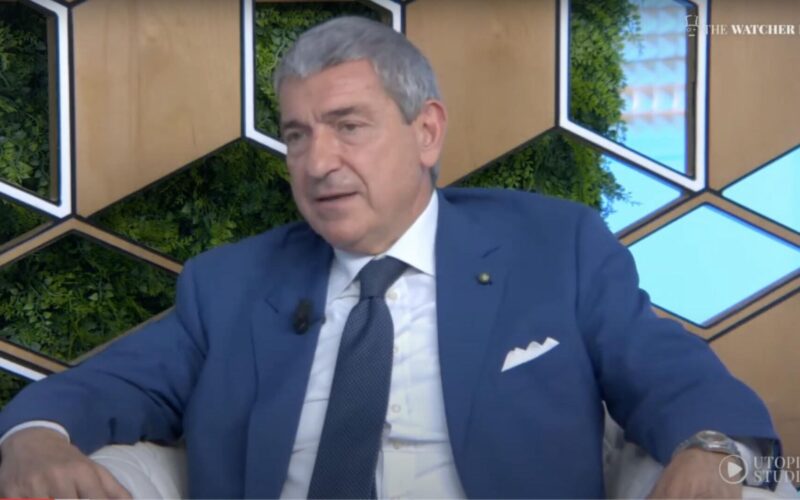Place Lux
Landmark EU Deal on political Ads, yet 2024 Elections exempt from new rules
Di Maximilian Powell
In a landmark move, this week negotiators from the European Council presidency and the European Parliament successfully hammered out a provisional agreement on a regulation aimed at enhancing transparency and curbing the risks associated with political advertising. Initially, the Commission aimed to implement the regulation before the upcoming elections of the European Parliament next year. Nevertheless, owing to delays in the legislative process, the enforcement of the new rules is now scheduled for 2025. Notably, the non-discriminatory provision for cross-border political advertising will, however, be applicable during the EU elections.
In response to mounting concerns about information manipulation and foreign interference in elections, the European Union took action by drafting this legislation, with the primary goal of empowering citizens in recognizing, understanding, and evaluating political advertisements. The ultimate goal is to equip voters with the tools necessary to make informed decisions and fortify the democratic process against potential external influences. The agreement emphasizes the need for clear identification of political advertisements, disclosure of sponsors, and the assurance that citizens are aware if they have been targeted by specific campaigns.
Under the terms of the provisional agreement, political advertising is broadly defined as the preparation, placement, promotion, publication, delivery, or dissemination of messages. These messages may be orchestrated by, for, or on behalf of political actors, excluding those of purely private or commercial nature. The agreed-upon rules establish stringent limitations on targeting and ad delivery techniques. Personal data usage for online political advertising is permitted only if explicit and separate consent is obtained from the data subject. Furthermore, a categorical prohibition on profiling using sensitive personal data, including information disclosing racial or ethnic origin or political opinions, is in place.
To guard against foreign interference, the EU co-legislators have implemented a ban on advertising services provided to third country sponsors in the three months leading up to an election or referendum. This move aims to complement stricter national rules where relevant. Additionally, the agreement stipulates the establishment of a European public repository for online political advertisements. This repository will consolidate and publicly disclose information on all online advertisements along with their transparency notices, reinforcing the commitment to openness and accountability.
Now that an agreement has been reached, the next steps involve continued work at a technical level to finalize the regulatory details. The full agreement will undergo confirmation by both institutions and legal-linguistic revision before formal adoption.







